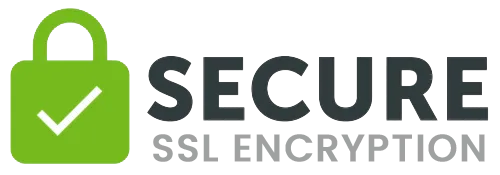Has anyone ever asked you what your credit report score is? Have you ever been told that your credit report will need to be reviewed when applying for a loan or a job? This can all be very confusing unless you understand what it is everyone is asking you. These are important questions for everyone, and it is even more pertinent that you have the answers, or at least know what your credit report says about you. A credit report is a compiled history of your borrowing and repayment status. Each business reports on a monthly or quarterly basis to three major credit report agencies. The first of these three being Equifax followed by Experian and Trans Union. When you apply for any type of loan the lender will usually obtain a copy of your credit report from one or all of the reporting agencies.
The score, also known as the Beacon score, is a rating that you receive between 300 and 800 based on your positive or negative credit reports. How many times you have applied for a loan also reflects on the Beacon score? Most lenders require a minimum score to be eligible for a particular loan. The Beacon score is the most important section of your credit report; it is the most commonly sought after piece of information recorded.
Your credit report, however, contains much more than just your payment history. It also contains all names you have ever used, including name changes and maiden names. Your social security number, current address, current employment and all loans you applied for and did not receive are also listed in the credit report. Lenders will review the entire credit report and cross-reference it with any application you have filled out.
It is always a wise decision to check your own credit report from each agency at least twice a year. The reports are all in an easy-to-read format and often come with detailed instructions. Reviewing your credit report information periodically will give you insight into the areas you need to improve on, or what loans you may be approved for.
Updating the personal information in your report on current employment and residence is also essential. Identity theft will be recognized much earlier with a regular credit report check, and although the damage is difficult to erase, the sooner you can tackle this growing crime, the better.
Your credit report is a valuable commodity, to you, and to others, you need to look after it carefully!


